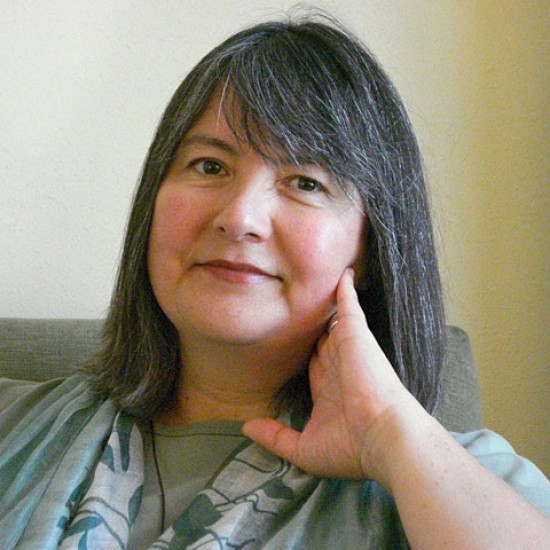No, Native Americans aren’t genetically more susceptible to alcoholismPosted in Articles, Health/Medicine/Genetics, History, Media Archive, Native Americans/First Nation, Social Work, United States on 2015-10-11 01:04Z by Steven |
No, Native Americans aren’t genetically more susceptible to alcoholism
The Verge
2015-10-02
Time to retire the ‘firewater‘ fairytale
When Jessica Elm, a citizen of the Oneida Tribe of Indians of Wisconsin, was studying for her master’s degree in social work, she frequently heard about how genes were responsible for the high risk of alcoholism among American Indians. But her own family’s experience — and the research, she discovered — tells a very different story.
The “firewater” fairytale that Elm came to know all too well goes like this: Europeans introduced Native Americans to alcohol, which they were genetically unprepared to handle. That happenstance led to alcoholism rates that are around twice as high as those seen in whites — and alcohol-related death rates, which are at least tripled. In this view, colonization didn’t make conquered people susceptible to heavy drinking — genes did…
…In fact, there’s no evidence that Native Americans are more biologically susceptible to substance use disorders than any other group, says Joseph Gone, associate professor of psychology at the University of Michigan. American Indians don’t metabolize or react to alcohol differently than whites do, and they don’t have higher prevalence of any known risk genes…
Read the entire article here.




